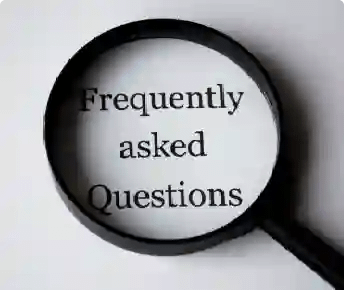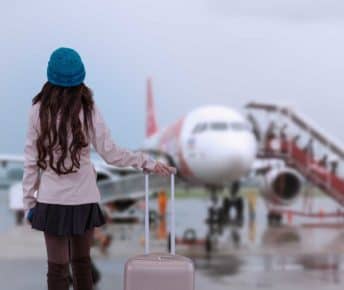Visitors Insurance Categories We Offer
Visitor Guard® - The Best Value in Visitor Insurance
If you are visiting the USA, Visitor Guard®'s visitor insurance can protect you from costly health expenses during your stay. If you experience any new injuries or illnesses or have pre-existing conditions that require treatment during your trip, our visitor's insurance includes plans to get the coverage you need.
Visitor Guard® offers the top-rated medical insurance plans in the USA. Some of our comprehensive US insurance plans offer direct, cashless payments to providers in United Healthcare & Aetna First Health Networks within all states and regions in the US
Visitor Guard® Insurance Plans Can Cover:
- Hospital and doctor expenses for illness and injury
- Prescription drugs
- Emergency medical evacuations
- Acute onset of pre-existing conditions
- Urgent care and Intensive care

Visitor Guard®'s Reputable Insurance Partners
Many of the best US providers partner with Visitor Guard®, including Trawick International®, International Medical Group (IMG), WorldTrips, Travelex, and Petersens.
Other Insurance Categories We Offer
Why buy Insurance Plans from Visitor Guard®
Visitor Guard® offers the affordable visitor insurance plans in USA. Purchase with confidence from experienced, licensed insurance professionals based in the US. You will receive the best value for visitor insurance including benefits, service, and price.
Best Value in Visitor Insurance
Through Visitor Guard® you can easily compare all trusted US insurance plans and purchase the best plan for your needs online.
Knowledge & Experience
Leverage the 15+ years of knowledge, expertise, and experience from the Visitor Guard® team to choose the best plan for your needs.
Fast Service & Best Price Guarantee
You can rest assured that you’ll receive the best price for insurance plans as well as quick, efficient service via phone & online channels.
How to buy a insurance plan in Visitor Guard®
Submit your details through the quote form above and check out the plans suitable to your specific needs
Compare the pros and cons before choosing the plan best suited to you in terms of budget, coverage, and areas
Buy a plan from our trusted insurance providers
Check and confirm your documents through your email


















